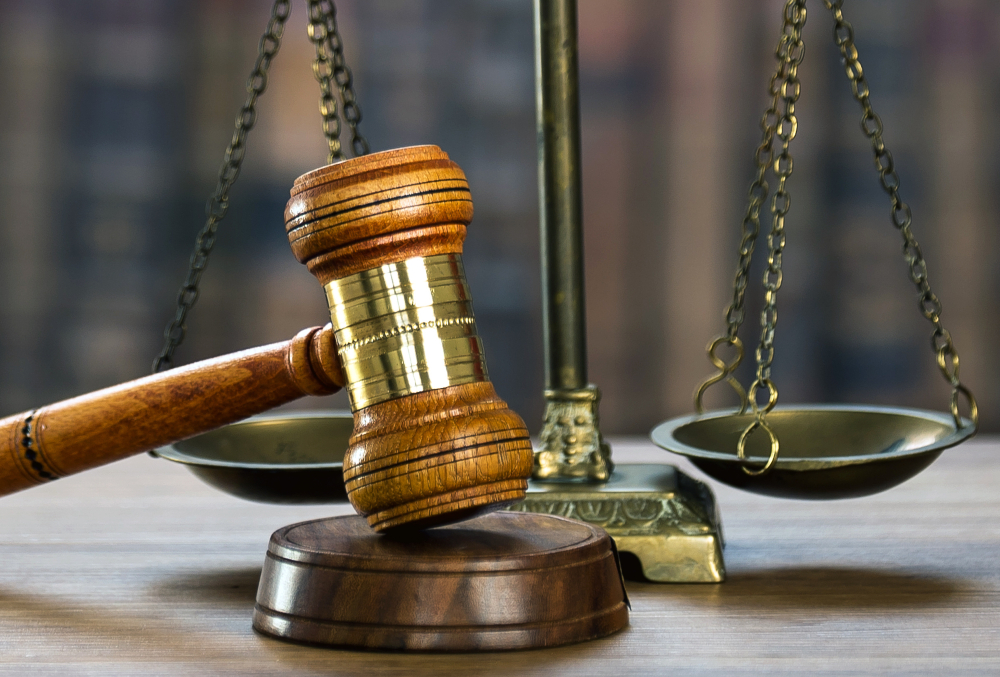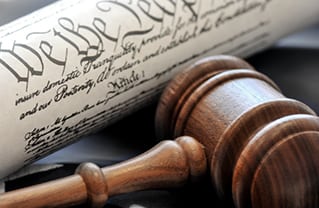A common question we get a lot is what will happen at trial or the final hearing. What you can expect is a courtroom filled with people with are probably very short on patience. You have to understand that the judges, clerks and courtroom deputies hear injunction cases all day long. Couples, neighbors, and co-workers come in to their courtroom and they argue over text messages, Facebook posts, Instagram posts, Twitter tweets, and so on. When it is finally your turn to walk into the courtroom, the best course of action is to be prepared, be nice, and present your case quickly and efficiently.
Once the judge determines that a final hearing is necessary, they will look to the petitioner to present his or her case. The parties may request to make brief opening statements. The judge may or may not allow it. If they do, give them a very brief overview of your case and why you are there. Try to limit it to a minute or two. Then present your evidence.
A brief note: If you are not a lawyer, you should know that judges can be impatient when it comes to these kinds of cases. Because they hear a lot of them!! They probably have no idea who you are or why you are there. Judges are very busy people. Make it easy for them. Introduce yourself and keep your case as brief as possible. People think the more they say, the better. I find that not to be the case. Short and sweet is often much more effective. The judge will appreciate your consideration of their time and the court’s resources.
Presentation of the Evidence
This is the time to talk to the judge on a very personal level and convince him or her that you need protection. This is the time to present photos, videos, 911 calls, and any other evidence you may have to prove your case. Your testimony (i.e., what you say and how you say it) will be critical, as it will be evaluated by the judge.
You should also know that the respondent (or their attorney) will have the opportunity to cross examine you – and they probably will. So how you act and what you say when they ask you questions will also be evaluated by the judge. Be honest. Be yourself. Judges do not like it when witnesses avoid direct questions or argue with the other side. It is the same way when it comes to any witnesses that you call on your behalf.
NOTE: Do not argue with any witness during the presentation of the evidence. This is much easier said than done. Ask questions, allow the witness to answer. When you are being asked questions, answer them and say nothing more. You will lose points and credibility with the judge for arguing when you are supposed to be presenting evidence. Save arguments for last.
Closing Arguments
Once all the evidence has been presented, you may make a closing argument. This is where you review the evidence that was presented and ask the judge to believe your evidence and disbelieve the evidence of your opponent.
If for whatever reason, the judge does not ask for closings, request the chance to make one. But try to read the body language of the judge. If you think the evidence (and the judge) are in your favor, you may not want to make a closing argument. Let the judge then simply rule in your favor.




